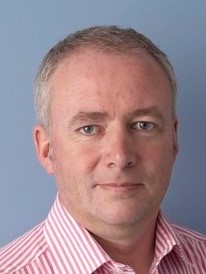APSM corrects Daily Mail article market stats
An article published today (8 December 2015) in the Daily Mail ‘High Street Chemists who charge the NHS £300 for skin creams that should cost £12’, contains a number of significant inaccuracies about the Specials market and APSM activities. Here follows the APSM response to the facts presented within the article. DAILY MAIL QUOTE: The practice has been exposed by the BAD which says up to £400m a year of taxpayers’ money is being wasted on paying too much for these treatments. Even 2% salicylic acid cream which can be effective for these conditions costs the NHS £75m per year. APSM Response: Dermatology Specials are a small proportion of Specials spend in primary care – approximately £1m per year. The total spend on Specials in England in 2014 was £89.5million in primary care. A very small percentage of this is for dermatology specials through community pharmacy. Only a small number of Dermatology products a...
